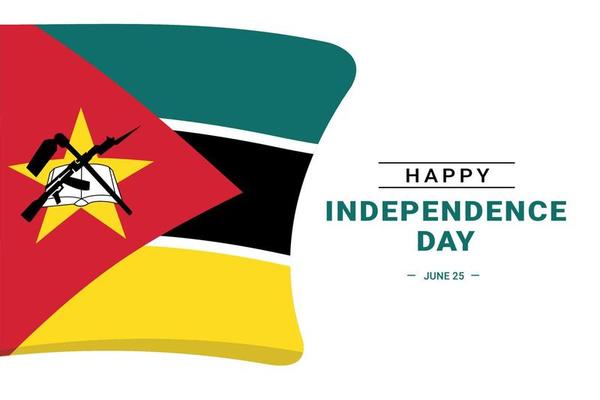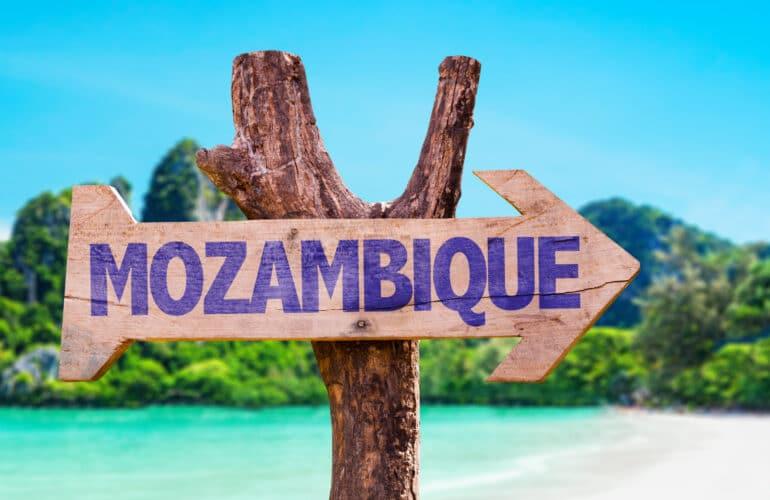
Mozambique, a nation nestled on the southeastern coast of Africa, boasts a rich tapestry of history, culture, and resilience. Its path to independence from Portuguese colonial rule was a pivotal moment not only for the country itself but also for the broader struggle against colonialism in Africa.
Colonial Legacy and Struggle for Independence
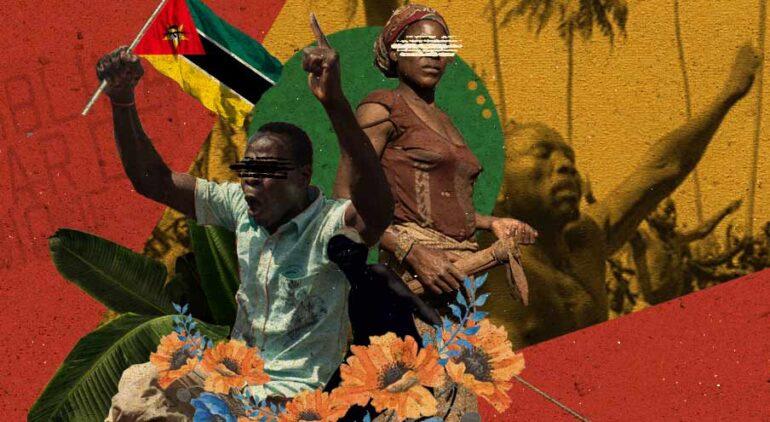
Portuguese explorers first landed on Mozambique’s shores in the late 15th century, marking the beginning of centuries of colonial domination. Over time, Mozambique became a crucial port and trading post in the vast Portuguese empire, with its resources exploited for the benefit of the colonial power.
However, the seeds of resistance were sown early. Movements advocating for independence gained momentum in the 20th century, inspired by global shifts towards decolonization and the assertion of national identities. Leaders such as Eduardo Mondlane and Samora Machel emerged as key figures in the struggle, rallying Mozambicans against colonial oppression and exploitation.
The Path to Independence
The Mozambican War of Independence, launched in 1964 by the Mozambique Liberation Front (FRELIMO), marked a significant turning point. FRELIMO, led by Mondlane initially and later by Machel, employed both military and diplomatic strategies to challenge Portuguese rule. The conflict intensified over the years, with Mozambican fighters utilizing guerrilla tactics to combat the better-equipped Portuguese forces.
On June 25, 1975, Mozambique finally achieved independence, marking the culmination of years of struggle and sacrifice. The declaration of independence was met with jubilation across the country as Mozambicans celebrated their newfound sovereignty and the promise of a brighter future.
Challenges and Post-Independence Development
Independence brought with it immense challenges as Mozambique sought to rebuild and develop after years of conflict and colonial exploitation. The country faced economic hardships, political instability, and the task of forging a unified national identity from a diverse array of ethnic groups and cultures.
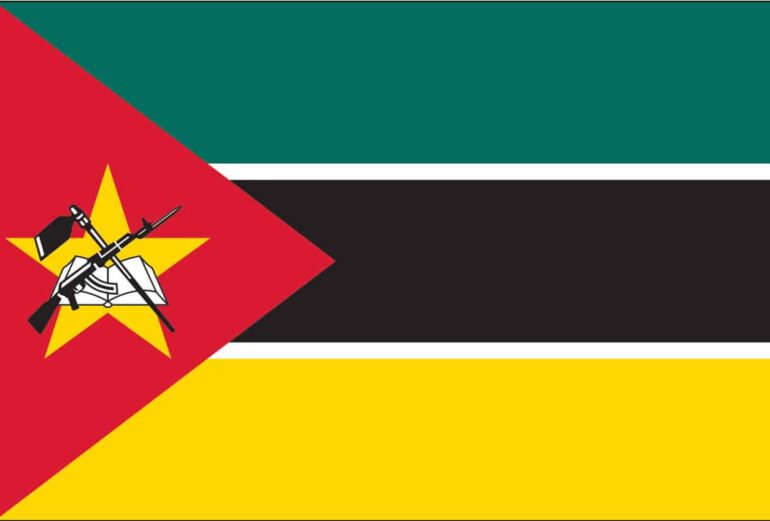
In the years following independence, Mozambique navigated through various political and economic changes, including a devastating civil war that lasted from 1977 to 1992. However, the resilience of its people and the leadership of figures like Samora Machel helped steer the nation towards stability and progress.
Modern Mozambique: A Vision for the Future
Today, Mozambique stands as a testament to the spirit of resilience and determination. With a growing economy fueled by natural resources such as natural gas and minerals, the country is working to harness its potential for development and improve the lives of its people. Efforts in infrastructure, education, and healthcare continue to be priorities as Mozambique strives for sustainable growth and inclusive development.
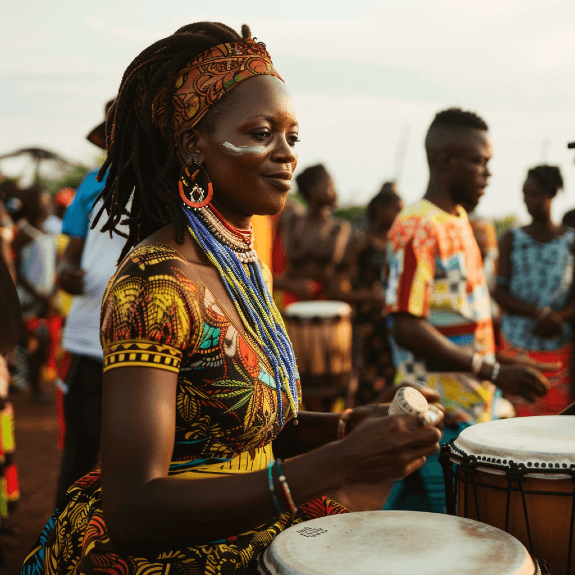
Culturally, Mozambique is renowned for its vibrant music, dance, and art, reflecting the diversity and creativity of its people. The nation’s rich cultural heritage, influenced by both African and Portuguese traditions, is celebrated in festivals and everyday life, showcasing a blend of old and new.
Mozambique’s journey to independence was not merely a political event but a profound transformation that shaped its identity and destiny. From colonial subjugation to freedom and self-governance, Mozambique’s story inspires reflection on the enduring human quest for liberty and dignity. As the nation continues to navigate its path forward, its history serves as a reminder of the importance of perseverance, unity, and the pursuit of a better future for all Mozambicans.





